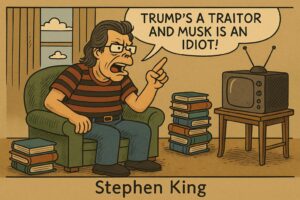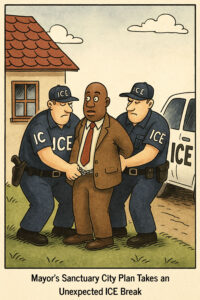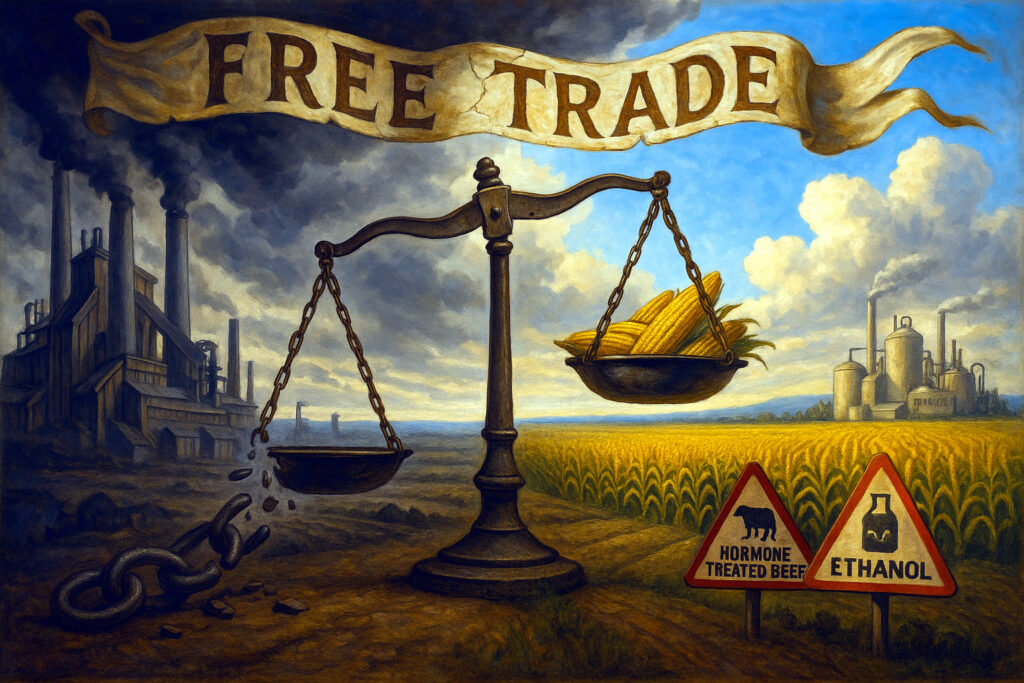 The much-anticipated UK–US trade deal, announced with characteristic fanfare by President Trump and Prime Minister Starmer, has been billed as a historic achievement—a testament to the ‘special relationship’ that supposedly transcends political friction and economic disparity. But beyond the spectacle of handshakes and soundbites lies a more complicated narrative—one that speaks more to political symbolism than substantive economic reform.
The much-anticipated UK–US trade deal, announced with characteristic fanfare by President Trump and Prime Minister Starmer, has been billed as a historic achievement—a testament to the ‘special relationship’ that supposedly transcends political friction and economic disparity. But beyond the spectacle of handshakes and soundbites lies a more complicated narrative—one that speaks more to political symbolism than substantive economic reform.
A Shallow Victory for British Industry
At the core of the agreement is a reduction in U.S. tariffs on British car exports, dropping from a stifling 27.5% to a more manageable 10% for up to 100,000 vehicles annually. For the UK’s automotive sector, still reeling from Brexit’s trade disruptions, this is a welcome reprieve. Yet, it is hardly the sweeping victory Downing Street would have the public believe. The cap at 100,000 vehicles limits the potential growth, ensuring that American manufacturers retain dominance in their domestic market while offering Britain just enough of a concession to claim progress.
In exchange, the UK has agreed to lower tariffs on 13,000 tonnes of U.S. beef and 1.4 billion liters of American ethanol, a move that has already sparked concern among British farmers. The irony, of course, is that this concession arrives on the back of post-Brexit promises to prioritize domestic producers. Hormone-treated beef and ethanol imports raise the specter of regulatory dilution—a specter that Parliament will struggle to exorcise.
Steel, Aluminum, and the Illusion of Progress
Eliminating the Trump-era 25% tariffs on UK steel and aluminum exports is perhaps the most tangible victory within this agreement. British manufacturers, long hamstrung by the levies, now have an opportunity to regain competitive footing. Yet, this victory is tempered by the maintenance of a 10% baseline tariff on most British goods entering American markets—a clear signal of protectionist policy that belies the notion of truly free trade.
It is the kind of half-measure that underscores the limitations of the deal. For all its bluster, this is not a comprehensive free trade agreement. Digital services, artificial intelligence regulation, and cultural industry protections remain conspicuously unresolved, leaving major sectors of both economies untouched by the supposed breakthrough.
Political Spectacle over Substance
There is a kind of grim predictability in the theater of it all. For Trump, the deal is a chance to posture as a kingmaker in international trade, to show strength on the world stage as he enters his second term. For Starmer, it is an opportunity to project British relevance, to suggest that post-Brexit Britain can indeed forge powerful bilateral agreements outside the European sphere. But beneath the surface lies the stark reality: this is a transactional arrangement, not a transformative one.
Conclusion: A Step Forward or a Sideways Shuffle?
The true measure of any trade deal is not in the headlines it generates, but in the economic realities it creates. For now, British farmers brace for competition, steel and aluminum manufacturers prepare for modest relief, and American agricultural exports eye new markets. Whether this is the beginning of a strengthened transatlantic relationship or merely a political stage play remains to be seen. But one thing is clear—when political theater takes precedence over economic foresight, the curtain often falls on those least prepared for the consequences.
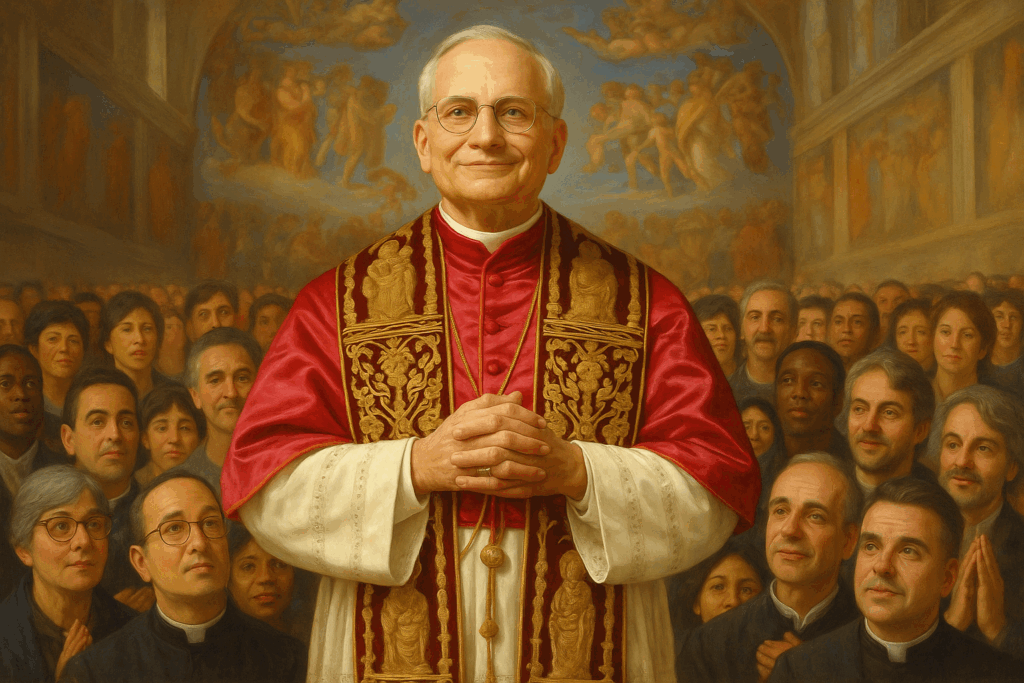
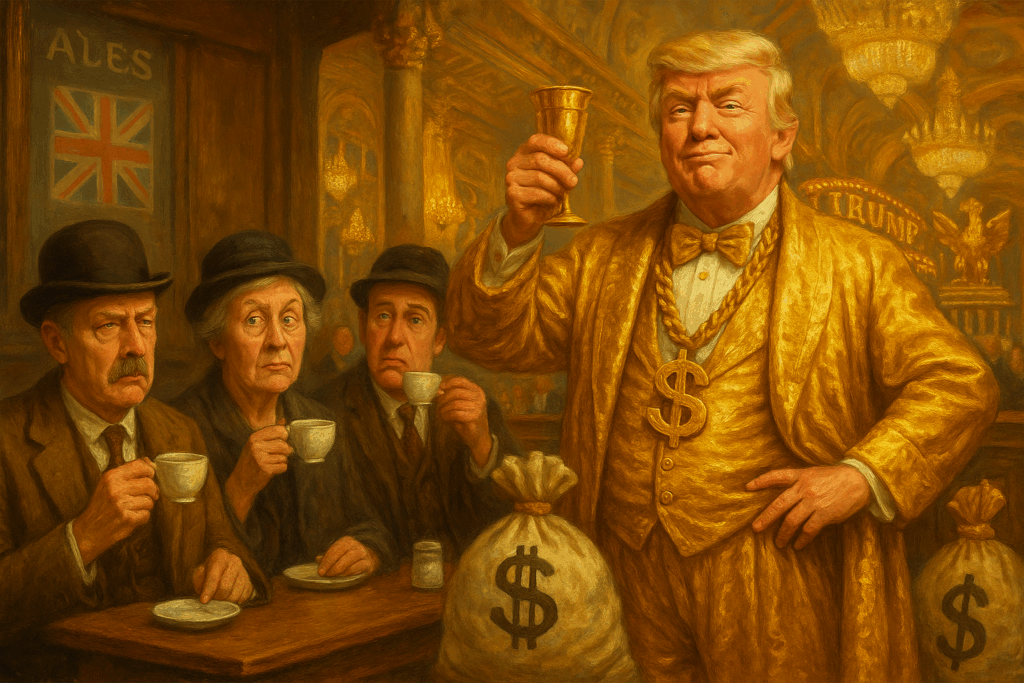 Donald Trump has always been a polarizing figure in American politics, but to many across the Atlantic, particularly in Britain, the reaction is a mix of disbelief and genuine confusion. What is it about Trump that so sharply contrasts with the sensibilities held by the British? It comes down to more than just policy; it’s about character—or, as they might say, the profound lack of it.
Donald Trump has always been a polarizing figure in American politics, but to many across the Atlantic, particularly in Britain, the reaction is a mix of disbelief and genuine confusion. What is it about Trump that so sharply contrasts with the sensibilities held by the British? It comes down to more than just policy; it’s about character—or, as they might say, the profound lack of it.